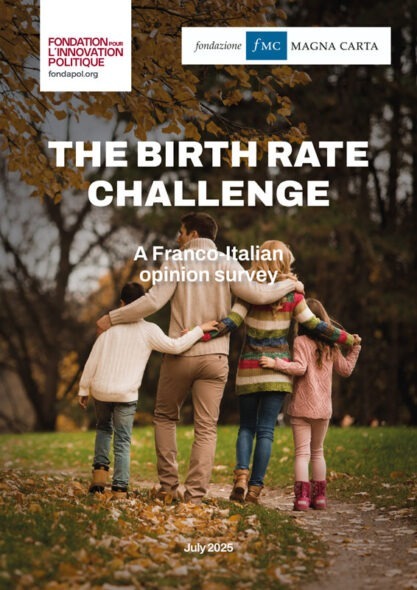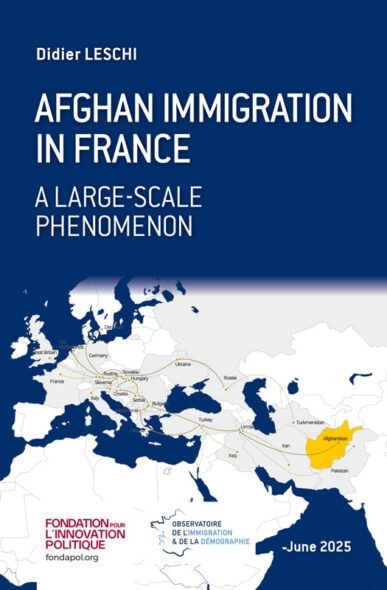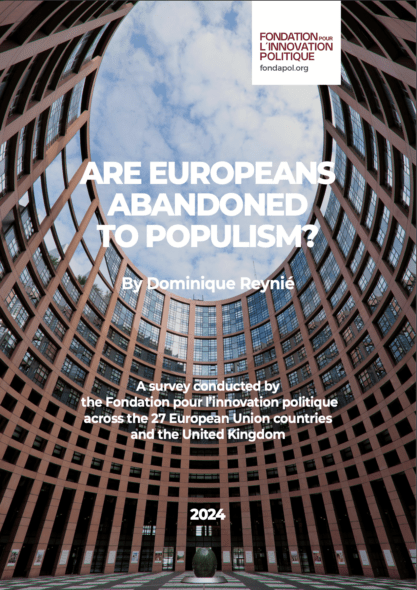Delocalization: Political Challenges of a Misunderstood Phenomenon
Free trade, the prevailing economic policy for over fifty years, is being called into question in South America, the United States and France. At the core of the apprehension lies China, whose increasingly skilled workers earn much lower salaries than those of developed countries.Far from being confined to the political arena, this issue is being debated in economist, sociologist and other circles. “Delocalization” is a reorganization of global production which poses a threat, not to the least-skilled populations, but to those whose tasks can be delocalized. This current phenomenon affects not only goods and manufactured products, but also low-end services on up to highly sophisticated products (financial products, IT sector R&D, electronics and the pharmaceutical sector, etc.). This has resulted in developed societies’ fear of being the losers in the latest stage of trade liberalization, which seems to benefit emerging countries whose highly skilled labour forces are not backed by a social protection system.
In dealing with this new phase of trade liberalization, two diverging views have emerged. The first is that after a transitional period, “emerging” countries will catch up with the Western countries’ living standards: those with this opinion believe that trade liberalization would offer advantages: increasing demand, stimulating trade, providing a source of revenue and promoting growth. The alternative viewpoint argues that emerging countries pose a threat: the price variable—especially that of the labour force— threatens social protection and the environment.
Dani Rodrik argues there is a real risk of “social disintegration,” and that either “transitory” protectionism must be implemented to restore an undistorted competition or “altruistic” protectionism should be pursued to induce emerging countries to follow the path of social progress. International trade policies have not only an economic impact, but a social one as well. They influence the types of societies, as well as the French and European development models, that will come as a result.












No comments.